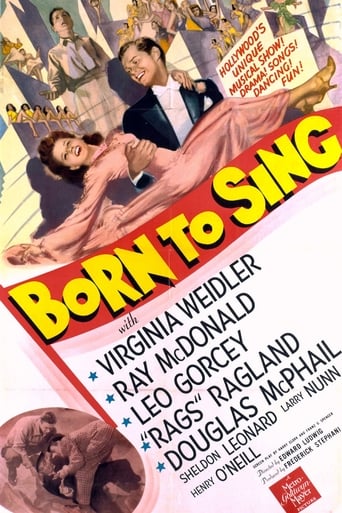


Born to Sing
A group of children put on a show in order to prove that a down and out musician was the real composer of a Broadway show's songs.
-
- Cast:
- Virginia Weidler , Ray McDonald , Leo Gorcey , Douglas McPhail , Rags Ragland , Sheldon Leonard , Henry O'Neill


Similar titles
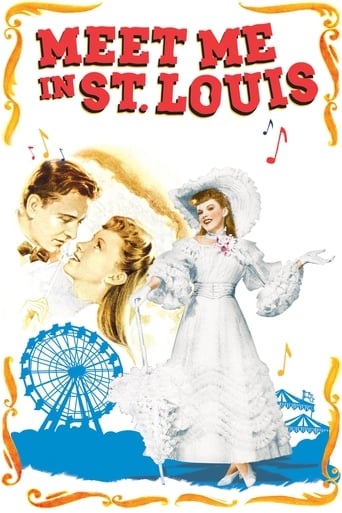
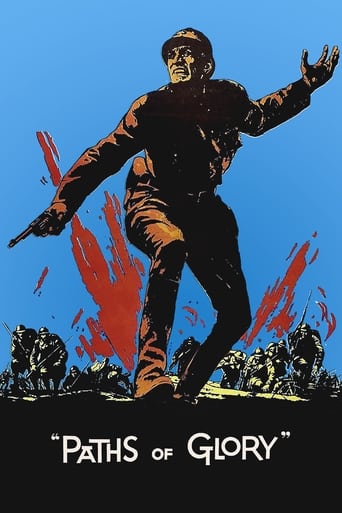
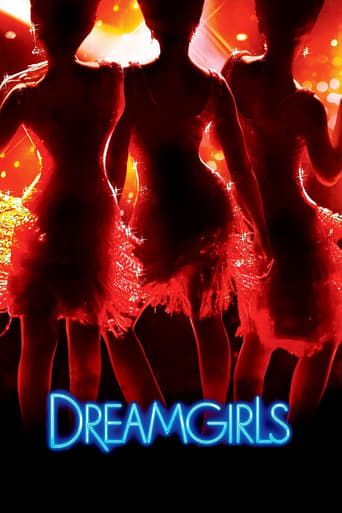
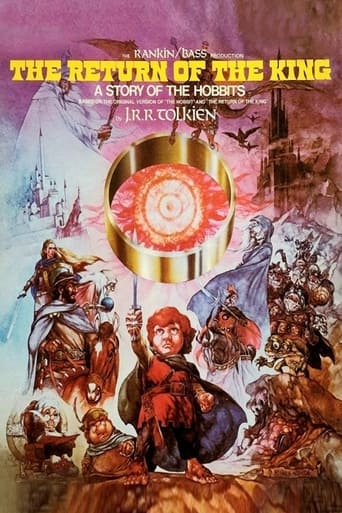
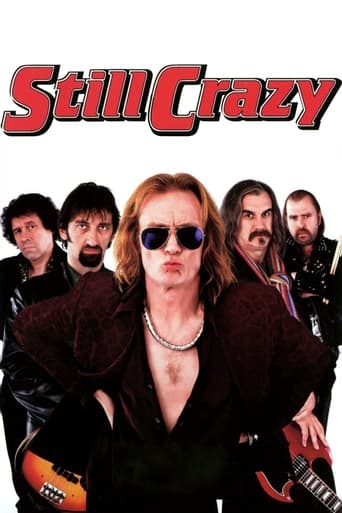
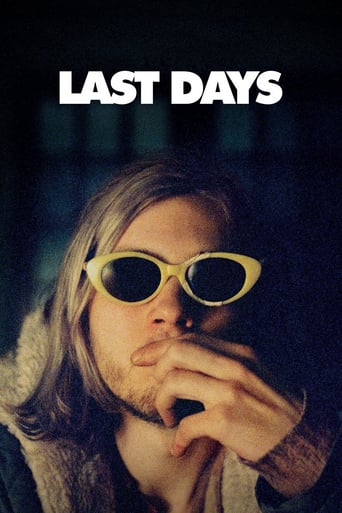
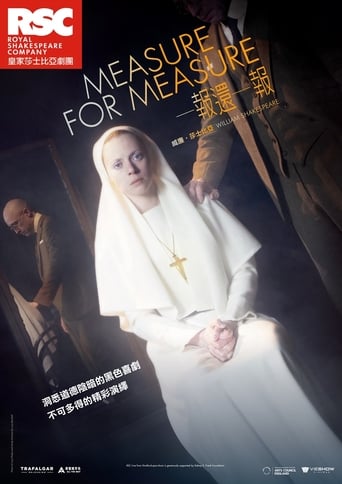
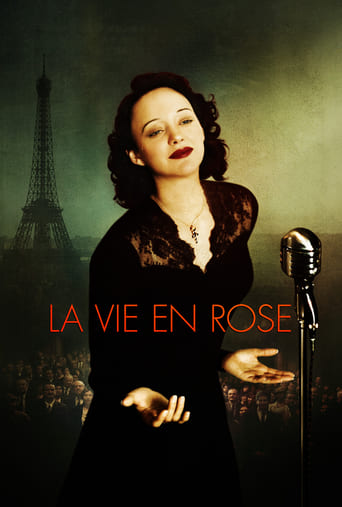
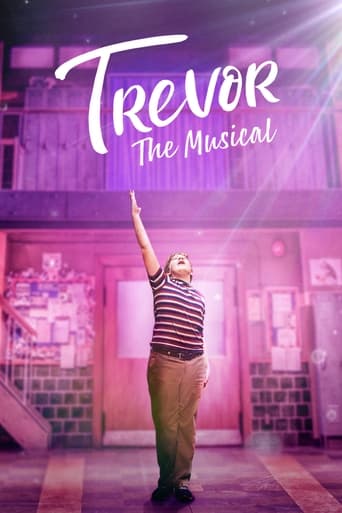
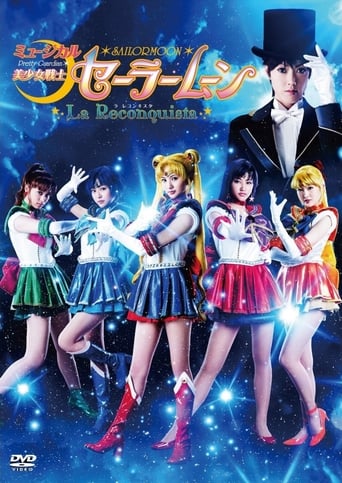
Reviews
best movie i've ever seen.
Fun premise, good actors, bad writing. This film seemed to have potential at the beginning but it quickly devolves into a trite action film. Ultimately it's very boring.
It’s not bad or unwatchable but despite the amplitude of the spectacle, the end result is underwhelming.
Not sure how, but this is easily one of the best movies all summer. Multiple levels of funny, never takes itself seriously, super colorful, and creative.
Edward Ludwig directed this B movie musical written by Harry Clork and Franz Spencer (aka Schulz) which stars Virginia Weidler (in lieu of Judy Garland) along with Leo Gorcey and a couple of other Dead End Kid/Bowery Boy types like dancing Ray McDonald and Larry Nunn (in lieu of Mickey Rooney).This light and airy MGM escape-fare even features a patriotic Busby Berkeley choreographed finale sung by ill-fated baritone Douglas McPhail (his last film). The cast is loaded with other recognizable faces including Rags Ragland, Sheldon Leonard, Henry O'Neill, Margaret Dumont, Our Gang's Darla Hood, and the prolific Charles Lane and Ian Wolfe (uncredited).'Snap' Collins (Gorcey) has just gotten out of the New York Penitentiary, later referred to as reform school, and is met by his friend Steve (McDonald). Shortly thereafter, they run into another friend Mike Conroy (Nunn), who's wearing Snap's old favorite suit; so he chases Mike into a building and up the stairs and the three of them end up in an apartment where they smell gas. Upon investigation, they discover Frank Eastman (O'Neill), who's just tried to kill himself because he couldn't go on any longer. After the 'boys' save his life, Eastman's daughter Patsy (Weidler) arrives and first assumes the boys were trying to rob her father. Mike had found and pocketed the suicide note before she could see it. However, the truth comes out - Eastman's musical compositions had been 'stolen' by show producer Arthur Cartwright (Lester Matthews), actually it was Cartwright's agent (Lane) who had taken them because of the producer's recent failures. Eastman couldn't go to the police, or take Cartwright to court, because he felt no one would believe him over the famous producer; Eastman had written them while serving his time in prison.Because Patsy is cute, the boys want to help her. They go to Cartwright's to try to get his music back, but are unsuccessful even though Steve impressed the producer with his dancing skills. In fact, Cartwright writes the boys a check and then calls the police to arrest them on blackmail charges. While being taken in, the boys find themselves in the same paddy wagon as the infamously corrupt cab company owner Pete Detroit (Leonard). Detroit's gang, which includes 'Grunt' (Ragland), turns over the paddy wagon and busts them all out of 'jail'. While hiding out in a former Nazi Bundist they discover, the boys learn they were identified in the escape, and meet 'Eight ball' (Ben Carter), a stereotypical Black character who's the custodian there. They decide to stay off the streets, but they also hatch a plan, with Patsy who they'd rescued from a welfare worker (Connie Gilchrist), to put on a show of her father's tunes before Cartwright, to prove that they were his in the first place, and that they'd been stolen.The boys proceed in hiring kids, including 'Quiz Kid' (Hood), off the streets for their production. When Patsy dressed in black-face and Eight ball visit Eastman in jail, he'd been accused of the same bogus blackmail charge, they learn that he no longer has a copy of his music. However, a talented youngster named Mozart (Richard Hall) with perfect pitch is able to copy down the stanzas while Patsy plays the songs on a harmonica. But Detroit catches up with them, it seems he's been implicated in the same blackmail scheme, and is about to take the boys in to explain that he's not involved before Patsy tells her sob story and wins him over. Detroit then decides to help, by supplying a singer within his employ, Murray Saunders (McPhail) for the show, making sure Cartwright's production is disrupted and his audience kidnapped and taken to the kids' show! Of course, their production (which is the last third of the film) is a big success, winning over Mrs. E. V. Lawson (Dumont) and a Broadway critic (Wolfe), who befuddle the police captain (Cy Kendall) when he stops the performance before the big finale. The show must go on; McPhail's rendition of the aforementioned flag- waving song ends the movie.
When Ballad for Americans became a big hit in 1939 out of the WPA Theater Project Musical Sing for Your Supper, MGM quickly bought the screen rights to the song. Both Paul Robeson and Bing Crosby made hit recordings of it that same year, though the song is pretty much identified with Robeson now. MGM waited three years before putting it into a film and it went into one of the products of their B picture unit, Born to Sing. This film is no doubt something that Mickey Rooney and Judy Garland rejected for one of their 'let's put on a show' films.It's just that kind of film. Crooked producer Lester Matthews and even crookeder press agent Charles Lane, plagiarize the work of Virginia Weidler's father, Henry O'Neill for their show. Topping that all off they frame Ray McDonald, Larry Nunn, and Leo Gorcey on an extortion rap.As they're being taken to jail, they're riding in the same paddy wagon as gangster Sheldon Leonard. They go along in an escape his gang has planned and he in turn gets ensnared in their machinations. Which as it turns out is to put on a show before Matthews does and showcase O'Neill's music.So help me that's the plot of this one. It's all quite innocently and charmingly done, but the presentation leaves one breathless.Tacked on to the end of the show is Ballad for Americans where the lead singer is Douglas MacPhail whose career came to tragically to an end the following year. Staging the number is Busby Berkeley and the staging of it is similar to some of what he did in Ziegfeld Girl the year before.Why MGM didn't put Ballad for Americans into one of their A films is something we'll never know.
It's been suggested that the ending of "Born to Sing" was some sort of jingoistic war- promoting effort spliced on the end of this film--and it certainly was badly spliced, especially since we are not shown its effect on the audience, which up until the end has been a living part of the film. It should be said, though, that the piece "Ballad for Americans" which concludes the film actually was written for a WPA Theatre production, "Sing for Your Supper," in 1939. This show, 18 months in rehearsal, brought about the end of WPA's "Federal Theatre Project" and never reached much of an audience."Ballad for Americans," though, was written by John Latouche and Earl Robinson, who later produced one of the best American operas, "The Ballad of Baby Doe." The "Ballad for Americans" was introduced on radio by Paul Robeson, who recorded it as did Bing Crosby, and both recordings were best-sellers. The piece was actually performed at the 1940 Republican AND American Communist Party Conventions, and remained in the repertoire through the 1960's. The piece seems rather dated and jingoistic today, though oddly enough it was considered pretty left-wing at the time! I've always had a soft spot for it, as did my high school choir director. The shouted/spoken parts of the piece were a popular device of the time, another practice that lingered through the 1960's in various guises. I think that its inclusion in the film was meant to show just what a fine composer the Virginia Weidler character's father (Henry O'Neill) was (although it stretches the imagine a bit to think that in a couple of evenings Virginia could play it out a few notes at a time on the harmonica and have it transposed by an eight-year-old kid ("Mozart"--Richard Hall) who has to draw his own staff paper.) Unfortunately, we don't know whether it did that or not, because the film ends abruptly at the end of the piece--almost as if the production had run out of money so everybody went home.Actually, I think it was pretty spiffily staged by Busby Berkeley, in a way that is reminiscent of his "Forgotten Man" number at Warner's and in a way that recalls the Deco/Moderne style of much of WPA art.It should also be noted that Joe Yule is featured in a (very) minor role here at a time when his son, Mickey Rooney (AKA Joe, Jr.), was MGM's biggest meal ticket.
Whatever points I give this one is strictly based on the talented DOUGLAS McPHAIL and his rich baritone singing the climactic number, "America". MGM obviously was grooming him for big time stardom that never came. He was a Nelson Eddy kind of baritone, stolid looking, rather humorless, but usually just given background roles in any of the studio's big films.Here at least he takes the spotlight in the film's final number, a rousing tribute to Americana. But what precedes this is strictly hokum, a "let's put on the show" routine accompanied by some gangster stuff led by SHELDON LEONARD who gets off some typical '40s tough guy remarks. ("I'm gonna put him in opera if I gotta buy the joint," he says of McPhail.) Another amusing and typical '40s moment has Leonard landing in the same police patrol wagon with a few of the show biz kids, including LEO GORCEY. Another youngster takes one look at his suit and says, "If you get the hot seat, can I have that suit?"VIRGINIA WEIDLER is totally wasted in the leading femme role as the daughter of a musician, but the cast is perked up by RAGS RAGLAND, MARGARET DUMONT, DARLA HOOD and especially young RAY McDONALD, who was a hoofer who ranked easily with Donald O'Connor as one of filmdom's best dancers.Summing up: Unfortunately, never rises above its B-picture material, except for the climactic song celebrating America.
